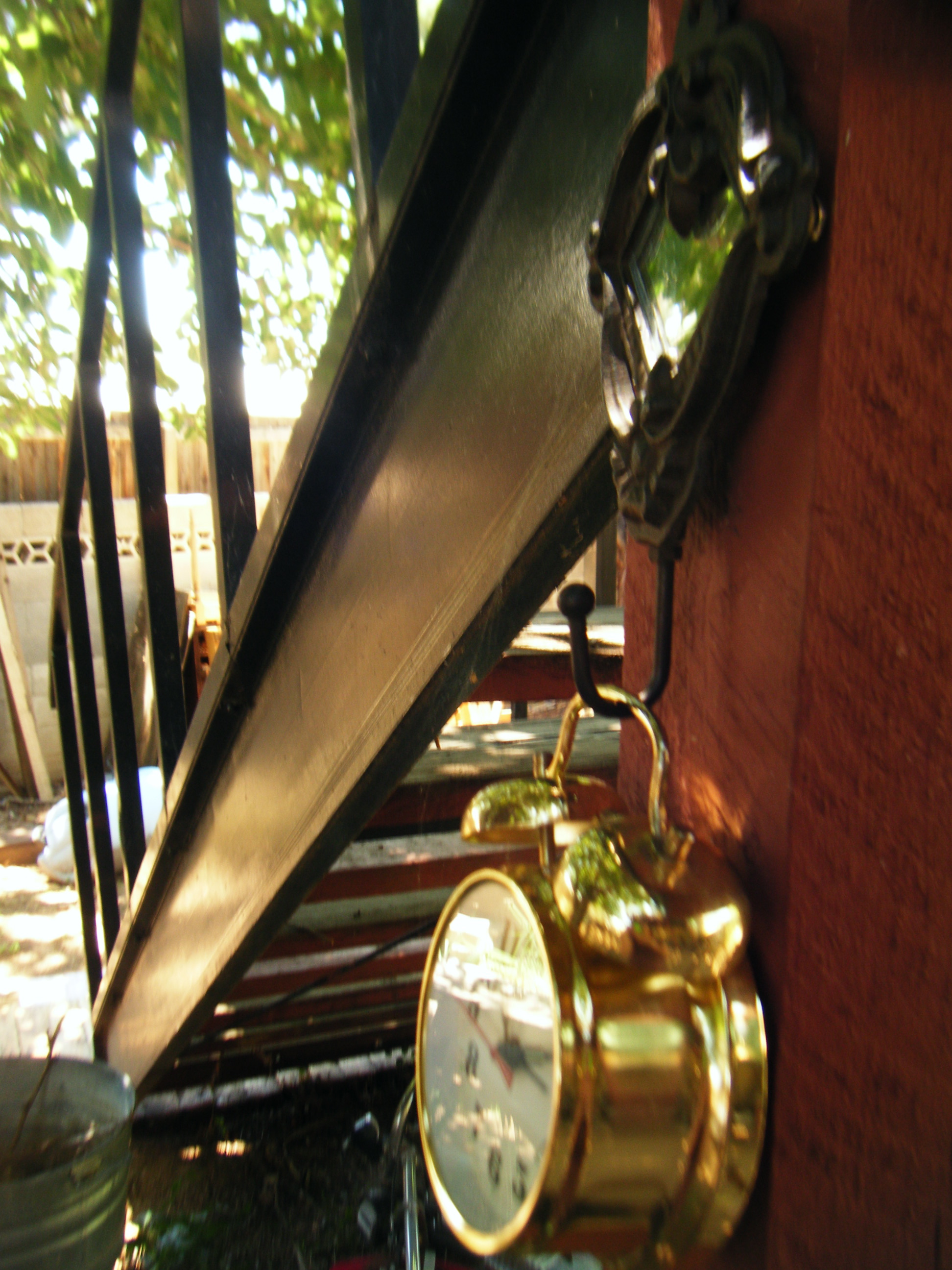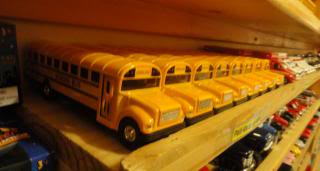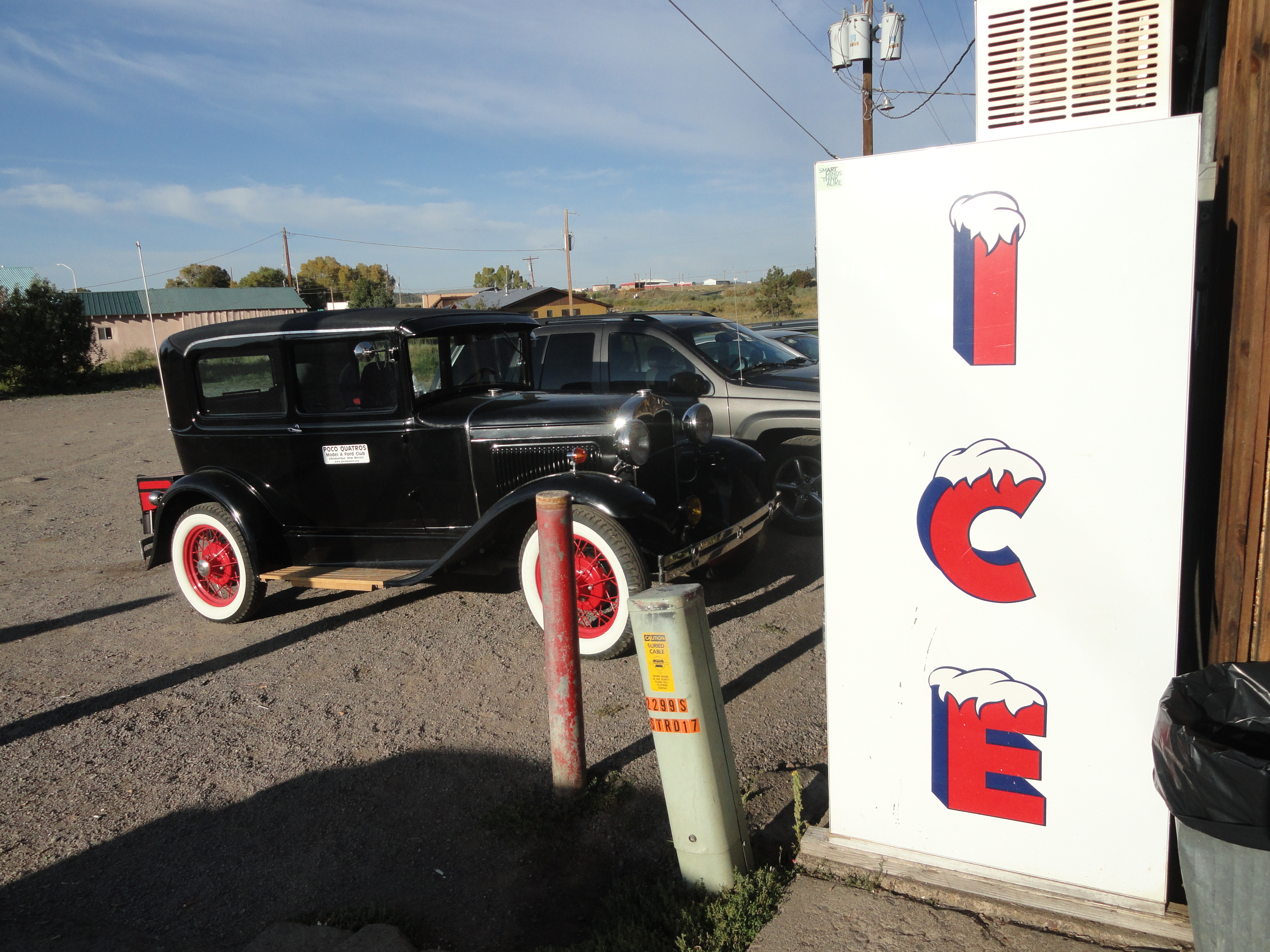
Mathematics could use a better name. Seriously. School has gone and made that one all scary. In addition
(she said mathematically), it's not called the same thing in all English-speaking places. "Math" in some places, and "maths" in others.
But it's about measuring and weighing and sharing. It's about making decisions in video games (buy the watering can? risk danger to collect coins?) and it's about how fast music goes and which ladder to use to get onto the roof. It's almost never about numbers themselves, and it's never about workbooks (except for workbook manufacture and purchase).
I went to look for a different word for "mathematics," and I didn't find one. One Old English word was "telling." For arithmetic: "cyphering," or sums. So I went looking for modern, philosophical definitions of mathematics that had nothing to do with school, and I have collected all these bits and pieces for you: Mathematics is a science dealing with the logic of quantity and shape and arrangement; structure, space, and change; logic, transformations, numbers and more general ideas which encompass these concepts.
Structure and transformations? I use those things. Shape and arrangement? That covers art, and music. Flowers in vases and books on shelves.
Unschooling is simple but not easy, and it's not easy to understand, but when math is a normal part of life then people can discover it and use it in natural ways and it becomes a part of their native intelligence.
SandraDodd.com/math
photo by Holly Dodd, 2010 or earlier





